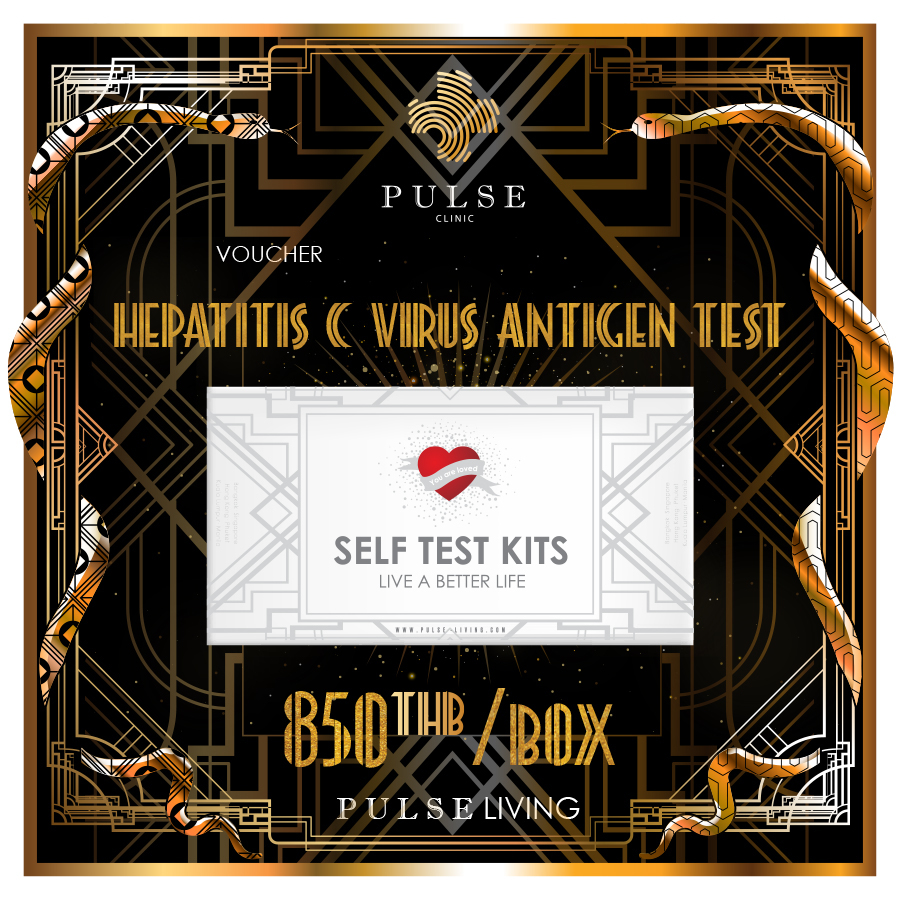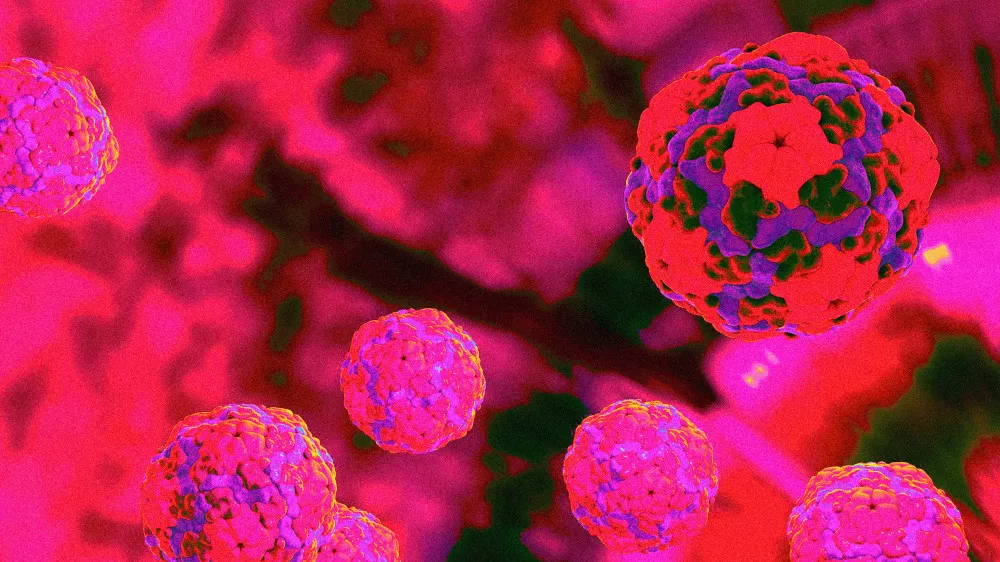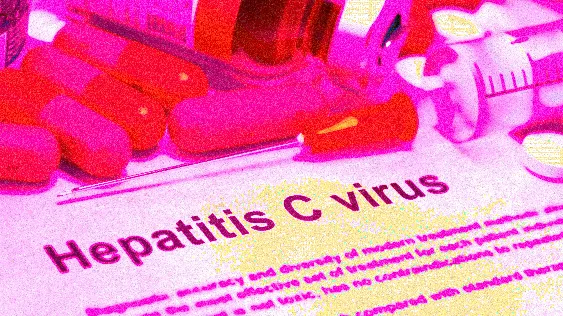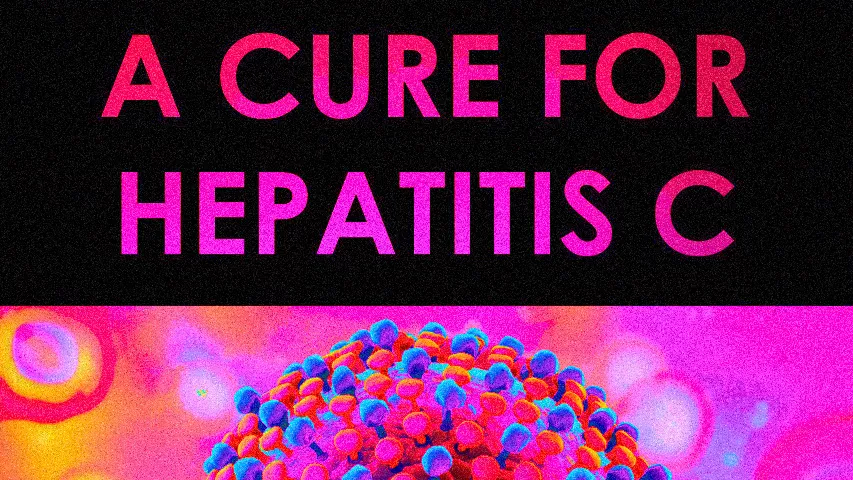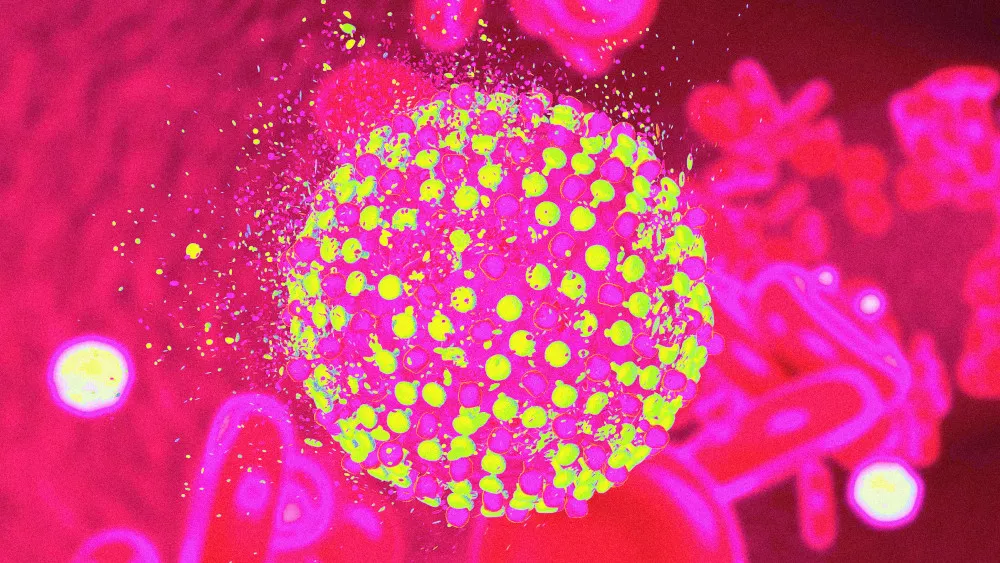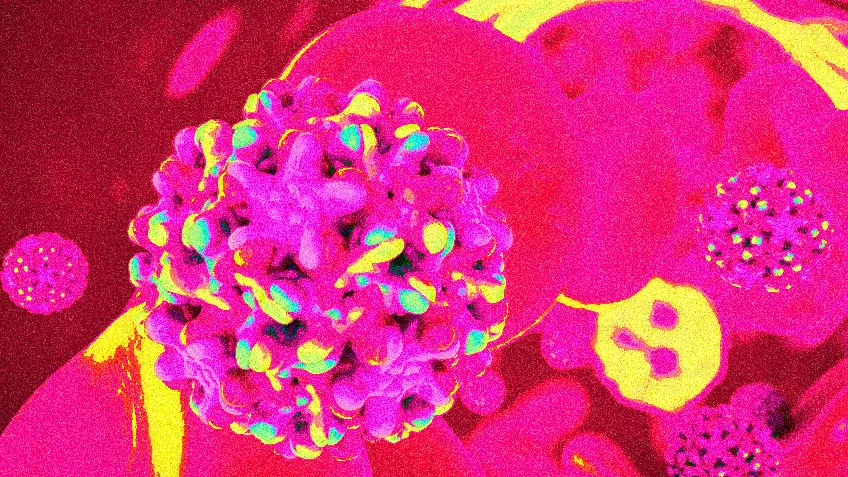Advice for Hepatitis C treatment
15513
Hepatitis C can often be treated successfully by taking medicines for several weeks.
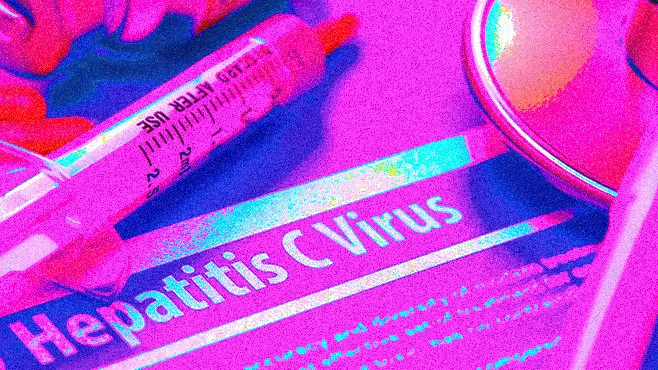
Advice for Hepatitis C treatment
Dr.Deyn Natthakhet Yaemim, written on 5 October 2020. Last reviewed 10 March 2021
Hepatitis C can often be treated successfully by taking medicines for several weeks.
If the infection is diagnosed in the early stages, known as acute hepatitis, treatment may not need to begin straight away. Instead, you may have another blood test after 3 and 6 months to see if your body fights off the virus (yes, 30% of people can). If the infection continues for several months, known as chronic hepatitis, treatment will usually be recommended.
Your treatment plan
Treatment for chronic hepatitis C (those infected for 6 months or more) involves:
- a test to see if your liver is damaged (liver function test, hepatitis C genetic test, hepatitis C viral load test - to see how many there are in your blood)
- tablets to fight the virus
- lifestyle changes to prevent further damage
There are 6 main strains of the virus. In Asia, the most common strains are genotype 1 and genotype 3. You can be infected with more than 1 strain.
You'll be offered the medicine most appropriate for your type of hepatitis C.
During treatment, you should have blood tests to check that your medicine is working.
If it's not working, you may be advised to try another medicine. This will only affect a small number of people.
Your doctor will also assess your liver for damage (scarring), either with a blood test or a scan called a fibroscan.
At the end of your treatment, you'll have a blood test (HCV Viral load) to see if the virus has been cleared and a second blood test 12 or 24 weeks after treatment has stopped. If both tests show no sign of the virus, this means treatment has been successful. What we do after that is to check on hepatitis V viral load every 6 months for a year then once every year, this is a standard from developed countries.
Hepatitis C medicines
Hepatitis C is treated using Direct Acting Antiviral (DAA) tablets.
DAA tablets are the safest and most effective medicines for treating hepatitis C.
They're highly effective at clearing the infection in more than 90% of people.
The tablets are taken for 8 to 12 weeks. The length of treatment will depend on which type of hepatitis C you have.
Some types of hepatitis C can be treated using more than 1 type of DAA.
Hepatitis C Home Test Kit
If you are sexually active or have injected drugs, even once, you should consider getting tested. A negative result might provide you peace of mind and help you take precautions to reduce your risk. If you test positive, you may take steps to prevent transmission, learn how to care for your liver, and talk to your doctor about treatment choices.
At PULSE Clinic, we offer a Home Rapid HCV (hepatitis C virus) Test Kit, which you can easily order online and have sent to your doorstep!
For more information about the medication and ordering process,
Please email pulseliving@pulse-clinic.com or chat on your preferred platform.
![]() +66-84-226-2569
+66-84-226-2569  @pulserx
@pulserx ![]() PulseClinic
PulseClinic
Side effects of treatment
Treatments with direct-acting antivirals (DAAs) have very few side effects. Most people find DAA tablets very easy to take.
You may feel a little sick and have trouble sleeping to begin with, but this should soon settle down in a week.
Your nurse or doctor should be able to suggest things to help ease any discomfort.
You need to complete the full course of treatment to ensure you clear the hepatitis C virus from your body. DO NOT STOP MEDICINE by yourself.
If you have any problems with your medicines, speak to your doctor or nurse straight away.
Side effects for each type of treatment can vary from person to person.
How effective is the treatment?
Direct-acting antivirals (DAAs) cure 9 out of 10 patients with hepatitis C.
Successful treatment does not give you any protection against another hepatitis C infection. You can still catch it again.
There's no vaccine for hepatitis C.
If treatment does not work, it may be repeated, extended, or a different combination of medicines may be tried.
Your doctor or nurse will be able to advise you.
Things you can do during treatment for hepatitis C
You are your most important ally against hepatitis C. Lifestyle changes can make your medications work better and help you look and feel good. Even small changes can pay off big. Here's how:
Quit Alcohol
Drinking when you have hepatitis C is like throwing gasoline on a fire. Alcohol is toxic to the liver, and so is hep C. Together, they can put liver damage on a fast track. Booze makes it harder for your hepatitis C treatment to rid your body of the virus. You may also find it harder to take your medicines as directed if you drink (and get drunk). To be realistic, many of you guys may find it hard to stop drinking on your own, try to reduce it.
Stay Hydrate
Drink plenty of water, especially if you're on hep C antiviral treatment. Good hydration may help you avoid some side effects, like dry skin, dry mouth, and headaches.
Watch Your Weight
If you're overweight, obese, or have conditions like type 2 diabetes, fat can deposit in your liver and cause fatty liver disease. Over time, that and hepatitis C can raise your chance of cirrhosis (scar formation in the liver). Losing 5% to 10% of your total body weight can help, the best way to do it is to cut calories and exercise.
Eat Well
A good diet can help you lose weight and improve your health. It can make your liver work better and lower your risk of cirrhosis. Eating right can boost your immune system and lower your chance of type 2 diabetes, too.
Exercise
Exercise leads to good health. It helps you lose pounds, improves your mood, and fights fatigue.
Sleep Well
Make sure you're getting enough sleep. There's a link between poor sleep and health problems like obesity, heart disease, and mood disorders.
The goal is 7 to 9 hours a night. To get more shut-eye:
- Keep your bedroom cool.
- Go to bed at the same time each night.
- Avoid caffeine in the evening.
- Turn off the phone, computer, and other electronics an hour or two before bed.
Be Wary of Supplements
Some supplements can hurt your liver, especially if it's already damaged. These include:
Comfrey, Kava, Shark cartilage, Skullcap, Valerian, and St. John's wort can affect how some hep C antivirals work.
Tell your doctor about all vitamins, supplements, and over-the-counter drugs you take to make sure they're safe.
But my suggestion is you don't need to waste your money on supplements if you stick with the anti-viral medicine and healthy lifestyle.
Contact us at info.bkk@pulse-clinic.com or chat on your preferred platform:
Trust PULSE CLINIC to take care of your health like other 45000 people from over 130 countries. We provide discreet professional service with high privacy. Here to help, not to judge.
Loading...
Clinic Locations
Loading...


